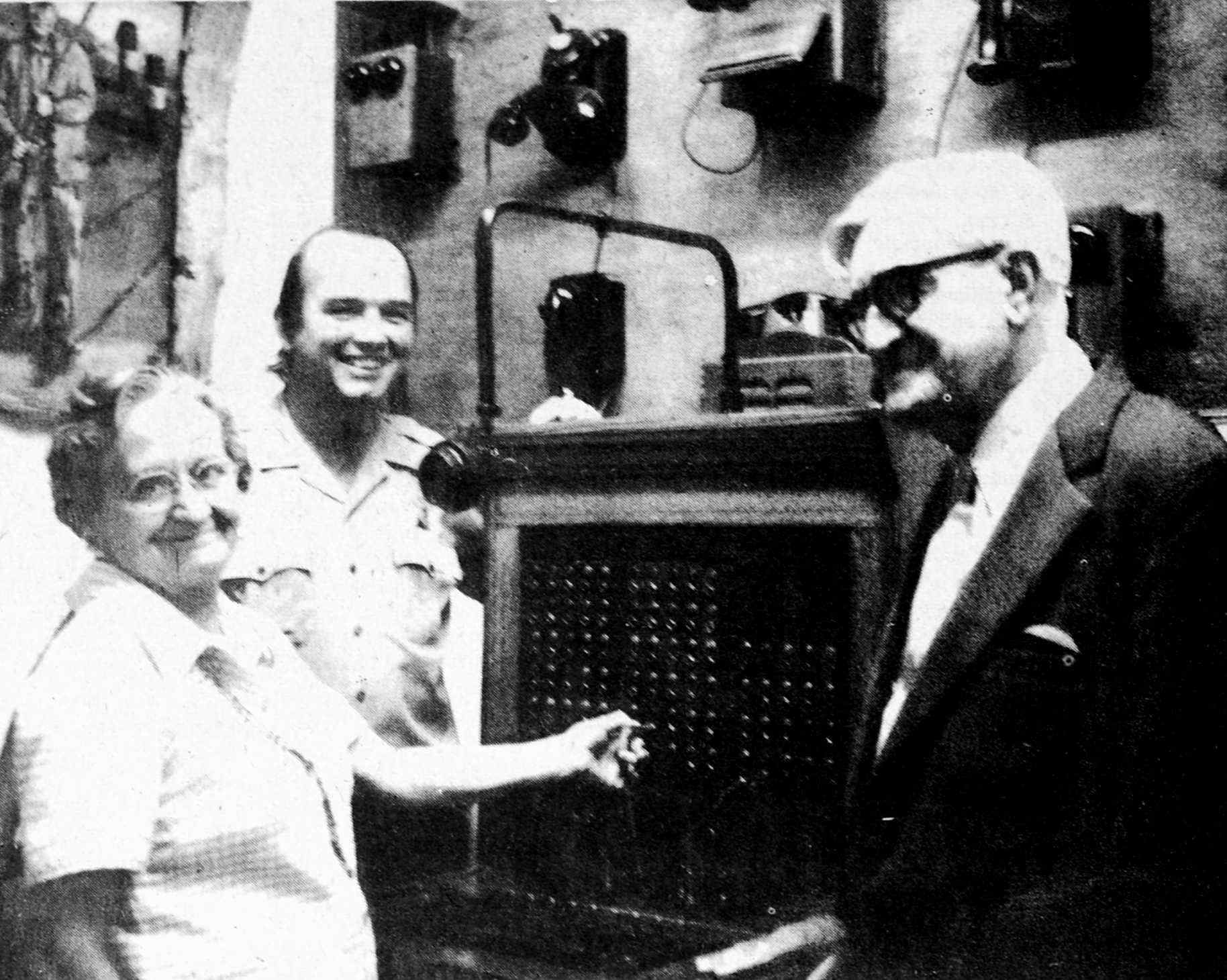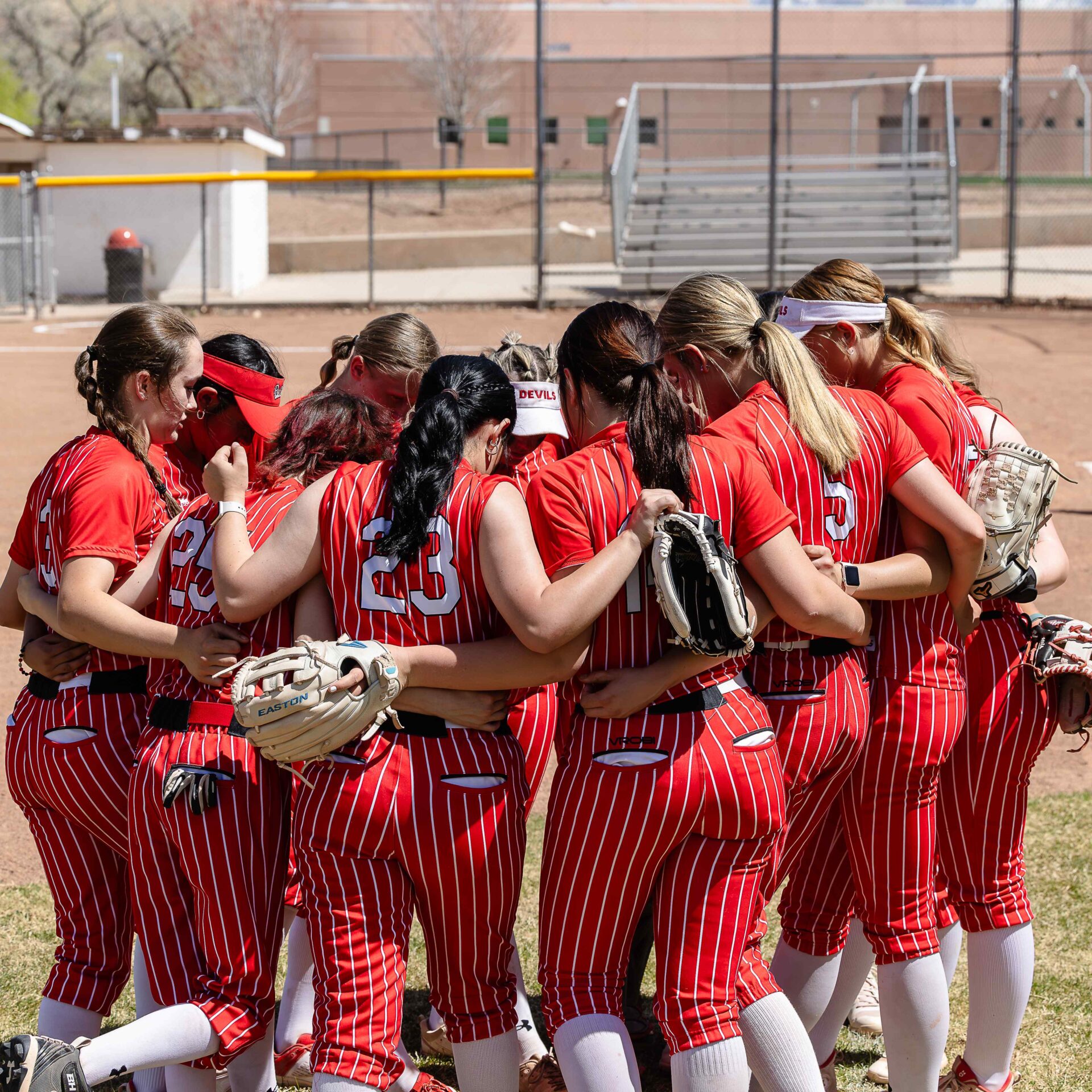During Mike and Jenny Fiebig’s five-month journey rowing their dory the length of the Colorado River, they almost capsized in Cataract Canyon and in the Grand Canyon.
They’ll tell their harrowing tale, as well as give their assessment of the river’s overall environmental condition, during a presentation at Star Hall, Friday, Sept. 20, at 7 p.m.
The couple interviewed many people along the way, including ranchers, public land managers, local government officials, writers and recreationists.
The Fiebigs said they found it “heartening” how deeply connected people – of various political persuasions – are to the river. Some interviewees were met by chance on the river – including an “awesome interview” of a group of men piloting a houseboat on Lake Powell.
Their presentation, titled “One River, Many Voices: A Source to Sea Expedition,” is the final presentation in the Colorado River Science Series for 2019, as well as being part of this year’s Moab Festival of Science.
“Our goal with the Colorado River Science series is to bring current science and perspective – information that tends to simmer at a university level – out into the daylight to be discussed and considered,” said Lael Gilbert, outreach coordinator for the Center for Colorado River Studies.
“We’ve chosen to focus on Moab because there are folks here interested and engaged in the health of the river on a level deeper than you typically see,” she said.
“Moab’s location and community structure make it on the forefront of a lot of these tough topics. We’d like to provide people with background and tools so that their engagement can be effective and based on the reality of today’s complex management systems.”
Following the presentation there will be a panel discussion on the state of the Colorado River with retired BLM Recreation Manager Dennis Willis; author and archivist Roy Webb; Eddyline Welding Owner Mike DeHoff; and Jack Schmidt, director of the Center for Colorado River Studies.
The couple said they planned the trip for a couple of years before Mike took a sabbatical from his job with American Rivers – an advocacy organization that works to protect, restore and conserve rivers.
The Fiebigs built their boat with help from Hog Island Boat Works in Steamboat Springs, Colo. and Eddyline Welding in Moab. In places where the water was too shallow to support a dory, the couple used packrafts.
Along the way, the couple noted the vast difference between the silence of passing through public lands versus the experience of passing by two major oil and gas fields where they found strong, unpleasant odors and noisy pumpjacks operating throughout the night.
“You can see the methane being flared off the wells,” Mike said. “Sometimes the smell was so strong it would give us headaches. It took us a handful of days to get through each oil field.”
In some places, Jenny noted multimillion-dollar homes along the river next to impoverished neighborhoods. With water low in many places, she said she was struck to see a cottonfield growing in the middle of a desert.
They viewed how the river’s geomorphology, or the physical features of the earth, changed drastically above reservoirs and below dams, Mike said.
Except for a few days in Vernal and Flagstaff, AZ, where they restocked provisions, the couple lived on the river for the entire five months. While camped near small towns, they walked to the grocery store for supplies. They also mailed food boxes to friends along the way who brought the food to them at the river.
After five months they weren’t quite ready to leave life on the boat.
“We wanted to keep going,” Jenny said.
One River, Many Voices: A Source-to-Sea Expedition
Friday, Sept. 20 at 7 p.m.
Star Hall (159 E. Center St.)
For more information, go to qcnr.usu.edu/coloradoriver/news/fiebig_event




